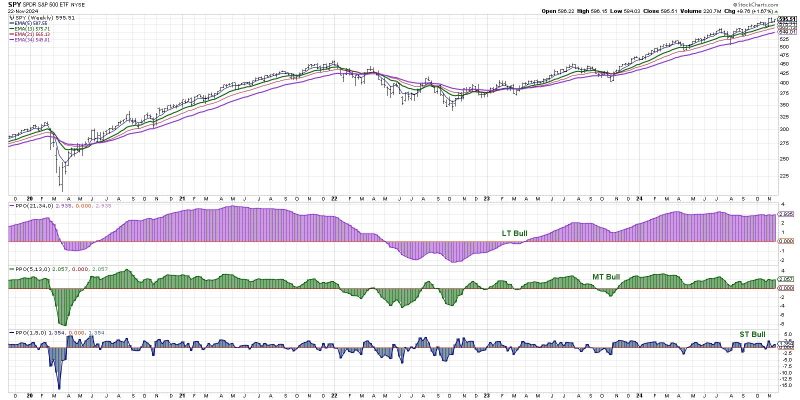2024 Is Shaping Up Like 2021, Which Did Not End Particularly Well
As we delve into the year 2024, it seems apparent that the current times are mirroring the challenging nature of 2021, which culminated in a less-than-ideal manner. The parallels between the two years are striking, as various global events and dynamics seem to be on a similar trajectory, raising concerns and uncertainties among people worldwide.
One significant aspect that characterizes both 2021 and the beginning of 2024 is the persistent impact of the COVID-19 pandemic. Despite advancements in vaccination efforts and public health measures, the virus continues to pose a threat, with new variants emerging and causing fluctuations in infection rates. This ongoing struggle against the pandemic has led to further disruptions in various sectors, including healthcare, travel, and the economy, echoing the challenges faced in 2021.
Moreover, geopolitical tensions and conflicts have intensified, contributing to a sense of unease and instability reminiscent of the events that marked 2021. Issues such as territorial disputes, military conflicts, and diplomatic standoffs have continued to escalate, fueling concerns about the potential for larger conflicts to erupt. The delicate balance of power among nations seems increasingly precarious, with political rhetoric and posturing heightening tensions on the global stage.
Economic uncertainties have also persisted, with volatility in financial markets and fluctuating commodity prices creating challenges for businesses and individuals alike. The ripple effects of supply chain disruptions, inflationary pressures, and labor shortages have amplified concerns about the fragility of the global economy, echoing the economic turbulence witnessed in 2021.
In addition to these external challenges, social and cultural rifts have deepened, reflecting the divisions and polarizations that characterized 2021. Debates over societal issues such as climate change, racial justice, and political extremism have become more contentious, with differing perspectives leading to heightened confrontations and ideological clashes. The erosion of social cohesion and trust has further strained relationships within communities and across society as a whole.
Overall, the parallels between 2024 and 2021 suggest a continuation of the complex and volatile dynamics that have defined recent years. As individuals and societies navigate these challenges, resilience, adaptability, and cooperation will be essential in charting a course forward and addressing the multifaceted issues confronting the world today. By learning from past experiences and uniting in common purpose, there is hope that the difficulties of the present can be overcome, leading to a more stable and sustainable future for all.

